- Trump Raises Global Tariffs, Increasing Chaos and Uncertainty Worldwide
- Jamie Carragher admits he was wrong about Arsenal signing after Tottenham win
- EU lawmakers suspend EU-US trade agreement following US Supreme Court ruling
- Children intervene in parents’ brawl at under-14s football match | News UK
- Wayne Rooney says Arsenal star has ‘not been good enough’ under Mikel Arteta
- Punch the baby monkey finds acceptance in his troop at Ichikawa City Zoo
- European Commission President Ursula von der Leyen announces “One Europe, One Market” strategy to integrate EU single market by 2027.
- Andrew Charged Taxpayers for Massage While Envoy, Ex-Civil Servants Claim
Why are celebrities shilling the planet-damaging, elaborate ‘pyramid scheme’ that are NFTs?

NFTs and Hollywood hypocrisy.
Over the past 12 months, people have been diving headfirst into the world of cryptocurrencies and NFTs and celebrities have played a massive role in driving the market to frothy new heights. So many celebrities are jumping on the bandwagon of NFTs and not just the usual suspects pushing the latest fads *thinks Kim Kardashain* actual legitimate famous faces have been lost to the world of NFTs.
But NFTs are a planet-damaging fad that are essentially a scam. In many ways it’s similar to the wellness industry – it has some benefits but it’s still a pyramid scheme.
Hollywood has gone to such an extreme in forcing NFTs onto their fans, we can only ask why? If you’re looking to get into NFTs, beware, the information out there isn’t exactly simple or clear and there’s a reason why.
NFTs and Hollywood hypocrisy

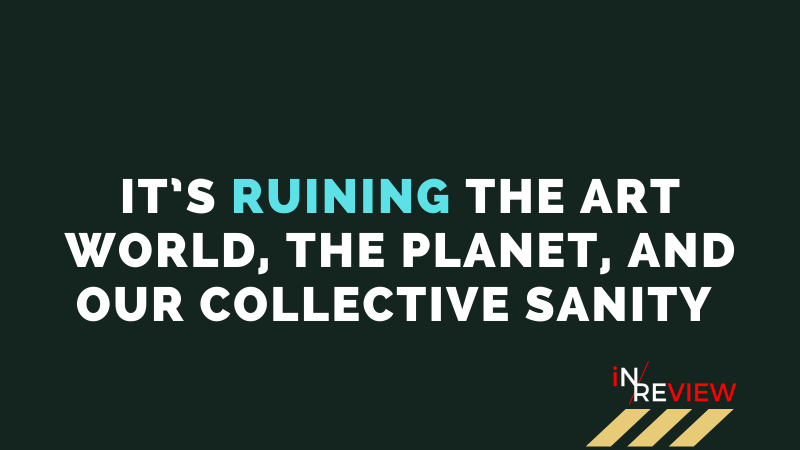
NFTs & celebs
Have celebrities been accepting discreet payments in return for promoting NFTs?
Why celebs are shilling NFTs
DAZED asks OK, are celebrities getting paid to shill NFTs?
Using the well-circulated clip of Jimmy Fallon and Paris Hilton, awkwardly, discussing their NFTs on his show, the article asks why did these two mega-rich celebrities cough up hundreds of thousands for these cartoon ape drawings, and – more importantly – why are they showing them off on national TV?
The short and obvious answer is money. But the more interesting issue is how celebrities that are buying into the NFT craze are getting paid, writes DAZED, who suggest there could be more nefarious deals going on behind-the-scenes.
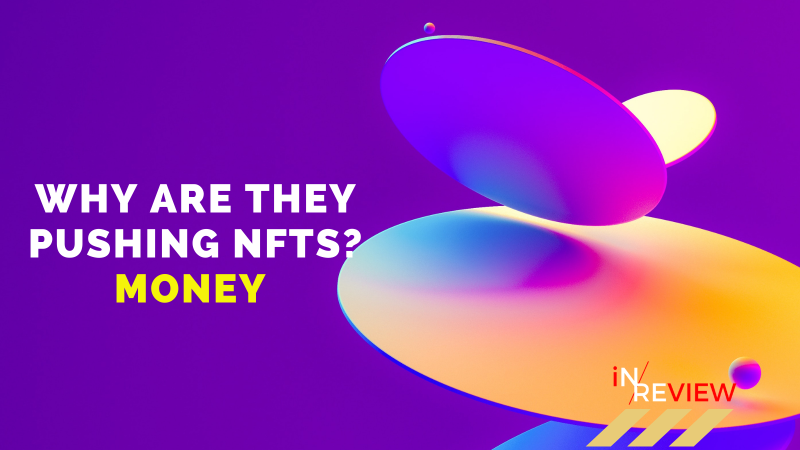
For many NFT holders, hyping up their assets is part of the process; it helps when they decide to “dump their cartoon apes” for a tidy profit. But when famous people get involved, the practice takes place on a different scale and with that raises legal and ethical issues.
Much like buying merchandise, celebrities are encouraging fans to buy into the collections – and some celebrities are bringing out their own original NFTs, somehow creating a vague feeling of community.
The article says the problem is, celebs bill these NFTs as a “great investment thanks to the staggering returns seen by early adopters.” Ironically, these returns are based on the asset’s inflated value, creating a vicious cycle where those with the right knowledge or connections sell at the right time and leave their disciples in the dust – AKA a “pump and dump.”
The article claims there’s more to it than “mere market manipulation” and there is the theory that influencers and mainstream celebrities have been accepting discreet payments in return for the promotion of NFTs – with underhand negotiations being carried out in the DMs. If true, it could violate legal guidelines about declaring ads on social media.

The article concludes that when famous people get involved, even if they’re enlisting outside companies to snap up the cartoon pictures on their behalf, it still raises the visibility and leads to more people buying in and floor prices going up – great news for anyone already invested in.
The way celebrities are marketing NFTs to their audience is murky at best. Even if payments aren’t being made out in their open, the name-dropping interviews, product placements in video amongst other tactics raises questions about the stars’ power to pump up the value of assets they already own.
Crypto Bros
Fans are calling out celebrities on social media for promoting NFTs
Conflict of interest
NFTs, Crypto Bros and the conflict of interest
NFTs are planet damaging, scams that are being promoted by famous people so they can get richer. But not all fans are buying into their celeb favourites latest fad.
Paper Mag reported the backlash from fans of former One Direction singer Liam Payne who, according to the article, ‘outed himself as a Crypto bro’. The singer set up a separate Twitter account to share things related to NFT auctions and cryptocurrency and all things blockchain.
It appears his fans are less than enthusiastic about his promotion of NFTs and the internet’s reaction proves nothing will save his fans from secondhand embarrassment.
The internet isn’t being kind to celebrities jumping on the NFT and cryptocurrency band-waggon, they’re being called out for being greedy and promoting something that damages the planet, all whilst not acknowledging that the majority who buy an NFT won’t actually make any money. One article says that a massive 82% of Gen Z think NFTs are a scam.
Jimmy Fallon’s use of his TV show to remote his NFT is, according to an article from the Los Angeles Times, a potential conflict of interest. There is an argument that hyping his NFT up on his show may boost the asking price if he attempts to resell it – and that’s where things get tricky.
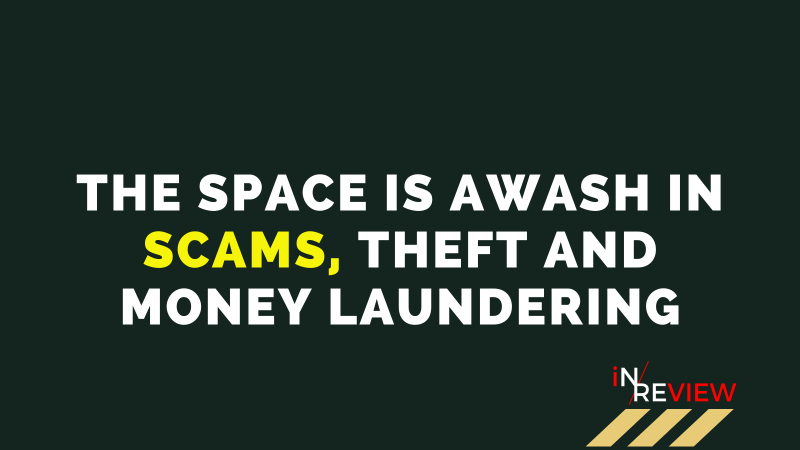
On the one hand, there are several policies you can point to that would suggest if it does boost the resale value, it would be breaking the rules. But the company has released a statement saying that Fallon didn’t violate rules. It’s tricky because you can’t be sure whether celebrities sharing the NFTs they own equals a plea for others to buy.
The space is also awash in scams, theft and, allegedly, money laundering. Cryptocurrency prices have crashed recently, and critics have warned that the nominally decentralised ecosystem is, in fact, quite centralised.
The "new scientology"
Reece Witherspoon’s pushing of NFTs and Cryptocurrencies has been likened to Scientology. According to SUGGEST, the Hollywood actress, who’s already worth around $400 million according to Forbes, faced immense backlash for promoting “the new Scientology.”
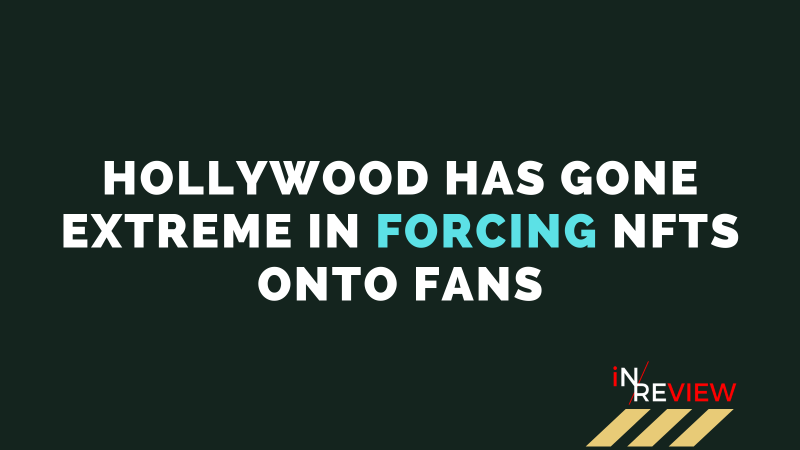
Witherspoon is heavily relying on using women as a way to recruit more people, and while it’s true that investing and crypto are primarily male spaces, her tweets were poorly received.
della_morte_ explained in a follow-up tweet that NFT salespeople are following L Ron Hubbard’s playbook: “target celebrities by appealing to their vanity and endless hunger for easy money just for being themselves and watch them flip chumps for you en masse.” Scientology is controversial to say the very least, but its appeal in Hollywood is still pervasive.
NFTs are damaging the planet
Crypto's overall climate impact remains massive
What happened to saving the planet, Hollywood?
SLATE says if you’re concerned about climate change like many celebrities claim, then this development bodes poorly. NFTs already have plenty of bad press for their side effects – a potentially speculation-driven bubble, value instability, the possibility of money laundering, encouraging cruddy art, profiting off another person’s likeness, but what it does to the planet is awful.
According to the article, crypto’s overall climate impact remains massive and with certain currencies swallowing up entire nations’ worth of processing power from individual computing units and data centres – much of that power comes from fossil fuels.
The article lists famous faces who brand themselves as “climate-conscious” but have also been hawking NFTs, “ensuing this bizarre digital culture product will linger in the public discourse while possibly ruining the art world, the planet, and our collective sanity.”
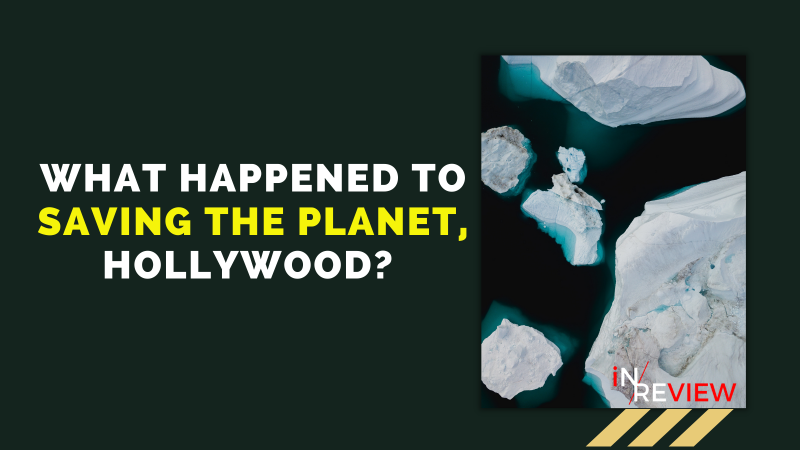
Deep Dive
Deep Dive
Fact Checking
Fact-checking & Additional resources:
What are NFTs in crypto?
Non-fungible tokens, often referred to as NFTs, are blockchain-based tokens that each represent a unique asset like a piece of art, digital content, or media. An NFT can be thought of as an irrevocable digital certificate of ownership and authenticity for a given asset, whether digital or physical.
How are NFTs a pyramid scheme?
The biggest negative of NFTs is clear: The market as it currently exists is a classic Ponzi scheme. Users invest in something more-or-less intangible, a digital receipt of ownership of an infinitely replicable image or other online object.
Are NFTs a good investment?
Since the popularity is very huge, NFTs are very common and bought and sold by the majority of the digital community. NFTs as an investment is a very safe way to experience some profit; the profit is dependent on the longevity of the asset and luck. Some NFT investors experience. But, overall, it is a good investment.
What is an example of NFT?
Each NFT represents a real-world object like music, a video, an in-game item, or a virtual baseball trading card. These digital assets are bought and sold online, typically with cryptocurrency. Things like physical money or bitcoin are “fungible,” meaning they can be exchanged for one another.

Subscribe to Updates
Get the latest creative news from FooBar about art, design and business.

